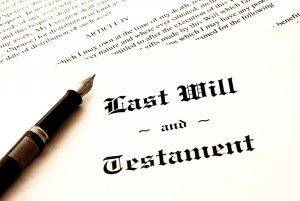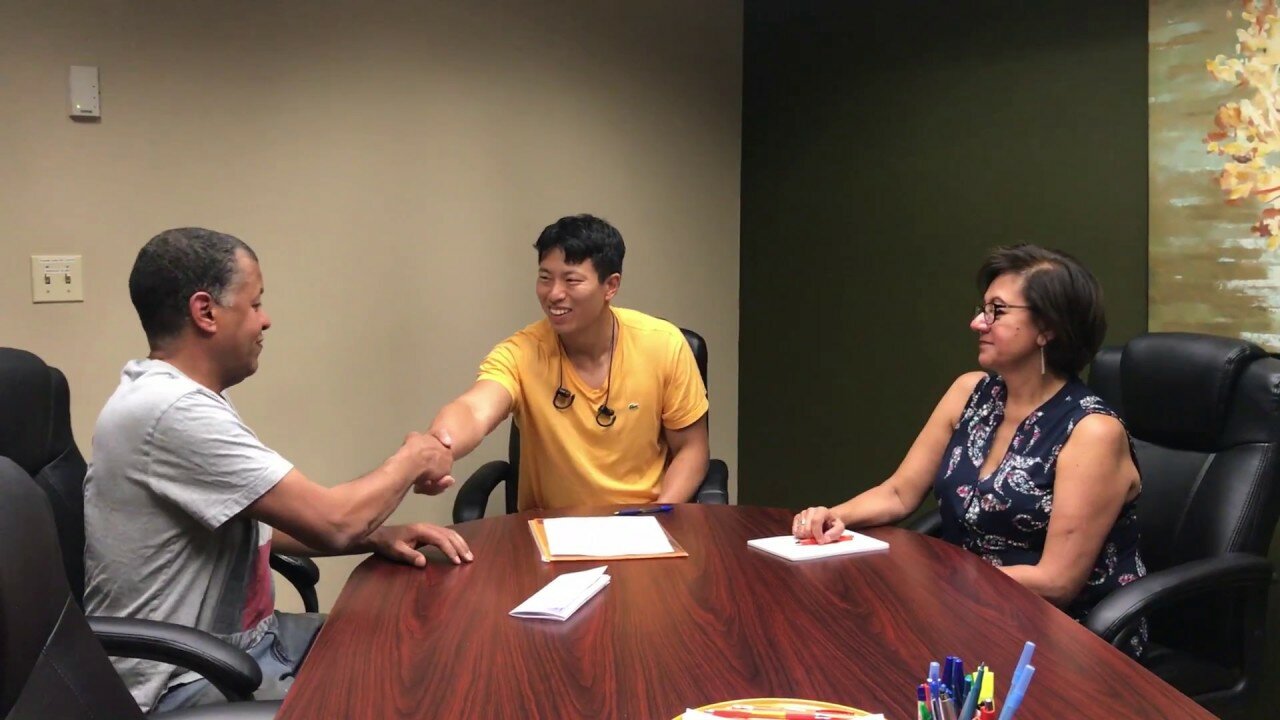 What happens if you die without a will in Sacramento? If you die without a valid will, you are said to have died intestate and all your properties are thereafter referred to as decedent’s estate. Parties interesting in your estate have the option of either going to court. This is to seek the guidance of the court to act as executor of your estate. They might also opt to agree on amicably on how they will inherit your property. It is however prudent for them to seek clarification of a lawyer for the best option available to them.
What happens if you die without a will in Sacramento? If you die without a valid will, you are said to have died intestate and all your properties are thereafter referred to as decedent’s estate. Parties interesting in your estate have the option of either going to court. This is to seek the guidance of the court to act as executor of your estate. They might also opt to agree on amicably on how they will inherit your property. It is however prudent for them to seek clarification of a lawyer for the best option available to them.
Where one dies without a valid will in Sacramento, the California laws of intestate succession act, the Probate Code 6400 – 6414 as a guide on what is to be inherited and by whom. This will follows a series of prevailing circumstances as follows.
- If you had been married and survived by any spouse and/or descendants, parents and/or siblings.
- What is the nature of decedent’s estate?
The assets that you have before you die that are in trust will be controlled by the terms of the trust even after your death. Those assets which are in joint ventures automatically are taken over wholly by your co-owner and anything that has a named beneficiary automatically is passed on to the said beneficiary or beneficiaries. The aforementioned assets will therefore not be considered as your estate to be shared without a valid will.
Probate Code 6401 – 6402 lays out in the order of which the decedent’s estate will be passed in order of priority. Section 6401 is specific on what the spouse inherits, and to what extent. Section 6402 describes how that which wasn’t inherited by the spouse in section 6401 is being inherited by the surviving next of kin(s).
Section 6401 gives priority to community property whereby the surviving spouse receives one-half. This is followed by quasi-property whereby the surviving spouse again receives one-half. In both circumstances that aforementioned, they are divided to the heir as per the guidelines of Section 6402.
Section 6401(c) gives a break down of how separate property is to be passed on. This is as summarized as follows:
- The entire estate is passed on to the surviving spouse where there are no surviving issue, parent, siblings or issues to the deceased siblings
- One-half to the spouse in circumstances where the decedent is survived by
- only one child or issue
- parent or parents or their issue
- One-third to the spouse in circumstances where the decedent is survived by
- More than one child
- One child and one or more issue
- Two or more issues
Section 6402 gives a guideline of how that which was not inherited by Section 6401 of decedent’s estate is to be inherited. This is in the circumstance where part of the intestate estate that is not inherited by the surviving spouse or the entire estate where there is no surviving spouse. The order in which the intestate estate will be passed on is as follows:
- Issue take equally if they all have the same degree of kinship but unequal to the degree of the kinship where it varies.
- Where there are no issues, parents share equally where there is no surviving
- Where none of the above has survived the decedent, the issues to the parents take equally if they all have the same degree of kinship but unequal to the degree of the kinship where it varies.
- Where none of the above survives the decedent but the decedent is survived by grandparent or grandparents or issues to the same, then they take equally if they all have the same degree of kinship but unequal to the degree of the kinship where it varies.
It is important to take note that Section 6402.5 of the Probate Code gives an exemption to the provision of section 6402. It governs how the decedent’s real property is passed on to the predeceased spouse of less than 15 years.
The Probate Code only considers the following when sharing out the decedent’s estate.
- Half-blood inherits the same as if they were whole blood in the relation.
- Relatives conceived before the death of the decedent but born after the death are treated as if they were born before the demise of the decedent.
- Where and heir received part of the decedent estate before the defendant passed on, the property will be considered as part of his or her share if it was expressly stated so when he or she took over the property. Otherwise, it should not be counted as part of the decedent’s
- Any debt owed by the defendant is not charged against the intestate share of anyone except where the person is a debtor.
- If a person is related to decedent on two or more lines, he or she used that relationship that will give him or her the largest portion of the decedent’s estate only. Any other line of relationship is considered non-existing for the purpose of distribution of the decedent’s
The state laws keep changing frequently and at times they are challenged in court. The above scenario is applicable where the Probate Code is followed and none of your kin challenges it. It is only applicable to residents of California.
Without any living blood relative, the state takes over all your assets. In as much as there is no inheritance tax to be charged to your next of kin, the state will still charge the taxes that you accrued on your property to your property before your demise. Any property that is outside California will also be subject to the laws that are applicable to that respective state.
To ensure that your assets are shared out as per your desire, it is important that you have a valid will always ready and pointing out clearly your wishes. Otherwise, you risk leaving your assets being taken over by relatives whom in your life you never saw each other eye to eye.

